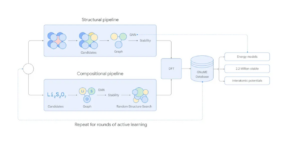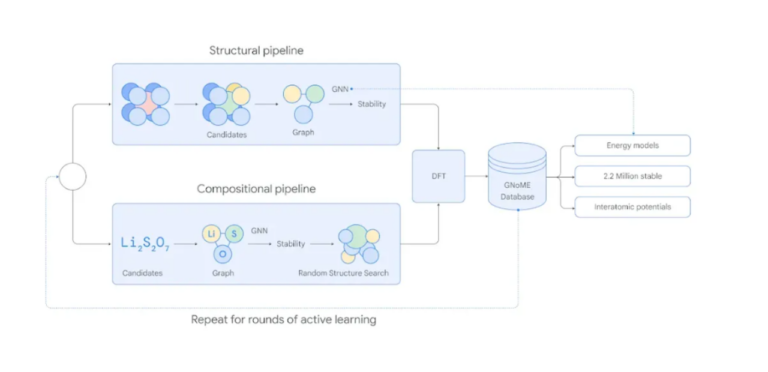In a significant development amidst the ongoing conflict between Israel and Hamas, the hacking group known as Cyber Av3ngers has claimed responsibility for infiltrating 10 water treatment stations across Israel. The announcement, made through their Telegram channel1, adds a new dimension of cyber warfare to an already complex and volatile situation.
The Hacking Claim Details
According to the message posted on Telegram, Cyber Av3ngers state they have successfully infiltrated water treatment stations in Hedera, Palmachim, Sorek, Ashkelon, Haifa, Chorazim, Kfar Haruv, Taberiye, Eilat, and Daniyal.

The credibility of these claims remains under scrutiny, as Israel’s cybersecurity agencies have yet to issue any confirmations or denials.
The Intersection of Cyber Warfare and Physical Conflict
The timing of this cyber operation is highly significant. Israel is currently involved in a military operation against Hamas, following a devastating attack on October 7.
With ground forces entering Gaza and tens of thousands of reservists activated, the announcement by Cyber Av3ngers2 raises concerns about the potential for cybersecurity threats to escalate into tangible, physical harm.
The Implications for Operational Technology Security
The alleged infiltration by Cyber Av3ngers raises questions about the vulnerability of operational technology (OT) in critical infrastructure. Such systems are increasingly becoming targets for hackers, as evidenced by a 140% surge in cyberattacks against industrial operations in 2022, according to a recent Waterfall Security report.
Communication Blackout: An Added Layer of Complexity
Another complicating factor in this situation is the communication blackout in Gaza. Palestinian mobile phone and internet networks went down on Friday night, hampering efforts to assess and respond to potential cyber threats. The blackout not only affects the military operations but also adds a layer of difficulty in cybersecurity monitoring and incident response.

























+ There are no comments
Add yours